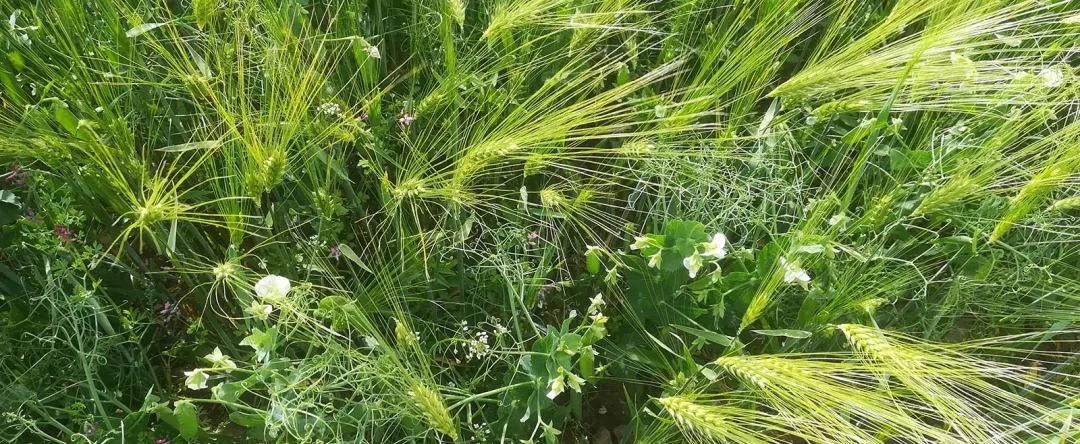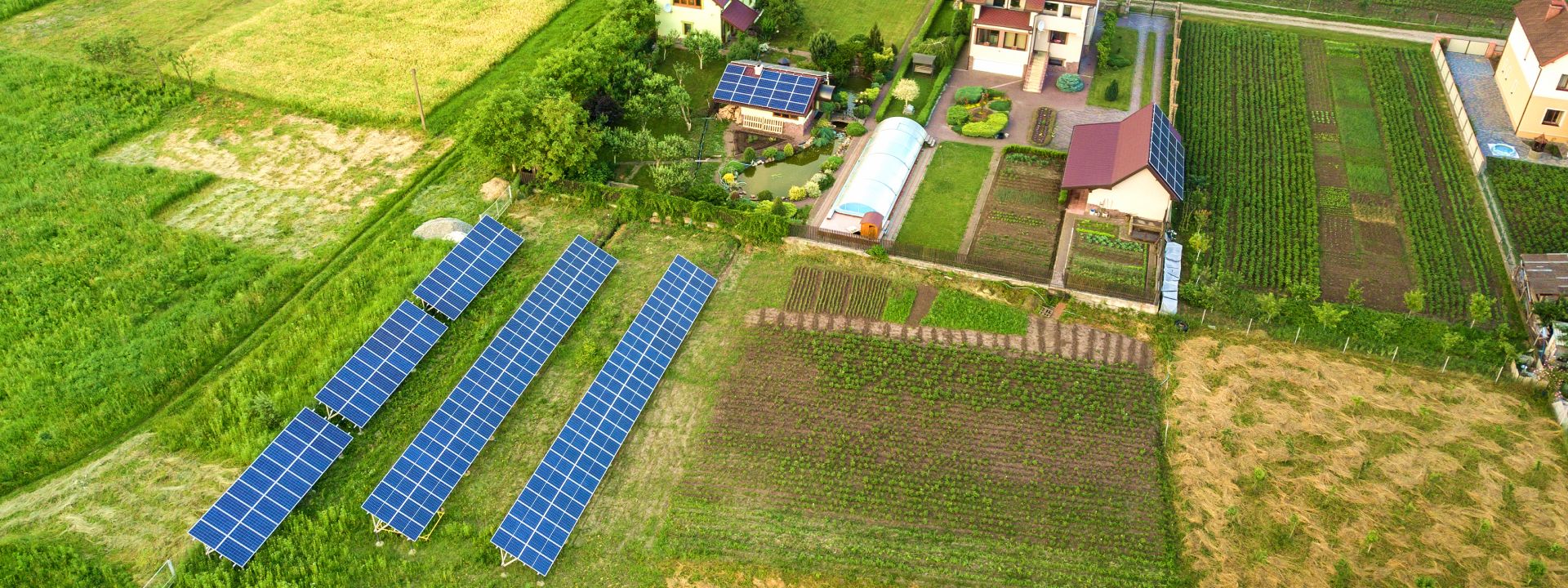This is the second meeting of the Focus Group 'Crop associations including Milpa and protein crops', facilitated by the Support Facility 'Innovation, Knowledge exchange | EIP-AGRI'

During the meeting of the Focus Group on crop associations including Milpa and protein crops, the 20 Focus Group experts discuss the question on how to integrate crop associations into existing cropping systems and farm landscapes to increase farm resilience and efficient use of natural resources while reducing the dependency on external inputs.
Tasks
- Identify, describe and classify with adequate examples, existing or new plant associations, adapted to each farming system within their landscapes and local/regional conditions.
- Analyse the impact of the most promising crop associations on the environment, on the farmers’ productivity, profitability and resilience to climate change.
- Identify their success and fail factors and barriers for implementation and adaptation in different regions.
- Explore the role of innovation and knowledge exchange in addressing the challenges identified such as crop selection, crop rotation management, machinery, and product end use.
- Propose potential innovative actions and ideas for Operational Groups to stimulate the use and improvement of crop associations at farm level considering the impact on the landscape.
- Identify needs from practice and possible gaps in knowledge related to crop associations which may be solved by further research.
Focus Group meetings are not open to the public.
More information about the Focus Group, main challenge, tasks and the results of the meeting can be found on the Focus Group webpage.
EU CAP Network Focus Groups are temporary groups of selected experts focusing on a specific subject, sharing knowledge and experience.
Each group explores practical innovative solutions to problems or opportunities in the field and draws on experience derived from related useful projects. Each Focus Group meets twice and produces a recommendations and outcomes report.
The Focus Groups also discuss and document research results, best practices and identify the implications for further research activities that will help to solve practical problems in the sector.
EIP-AGRI Challenge
In France, Émilie Combebiac and Martin Helmas are testing new crop mixtures, and comparing the impact on soil fertility and crop quality.
Additional info
Venue
Toulouse France
